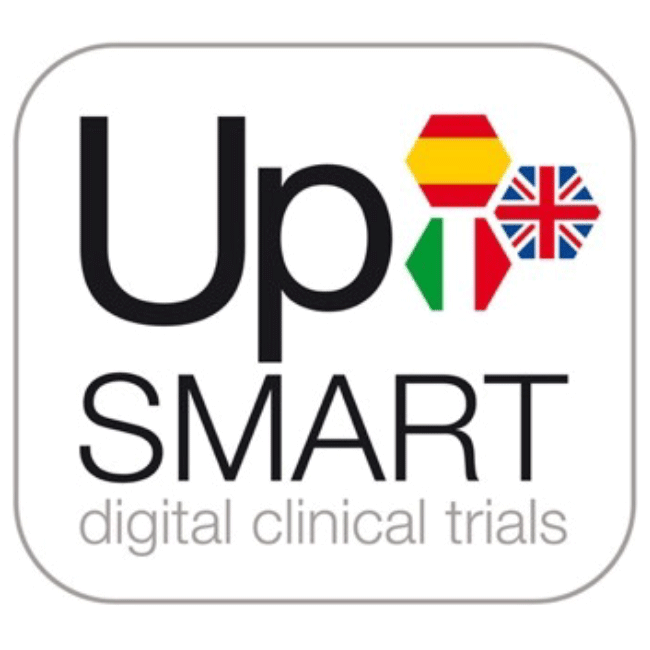UpSMART Digital Clinical Trials Conference.
An UpSMART Digital Clinical Trials conference was held at the Midland Hotel in Manchester on Tuesday 19th and Wednesday 20th November 2024 to discuss the current state of digital and AI transformation of experimental cancer medicine, the challenges faced by researchers and the opportunities ahead.
The event brought together a multidisciplinary, international group of speakers and attendees from across the UK, Italy, France and Spain.
Click here for the full conference agenda.
Speaker bios and links to the recorded conference presentations can be found below.
Day 1, Tuesday 19th November 2024
Opening address:
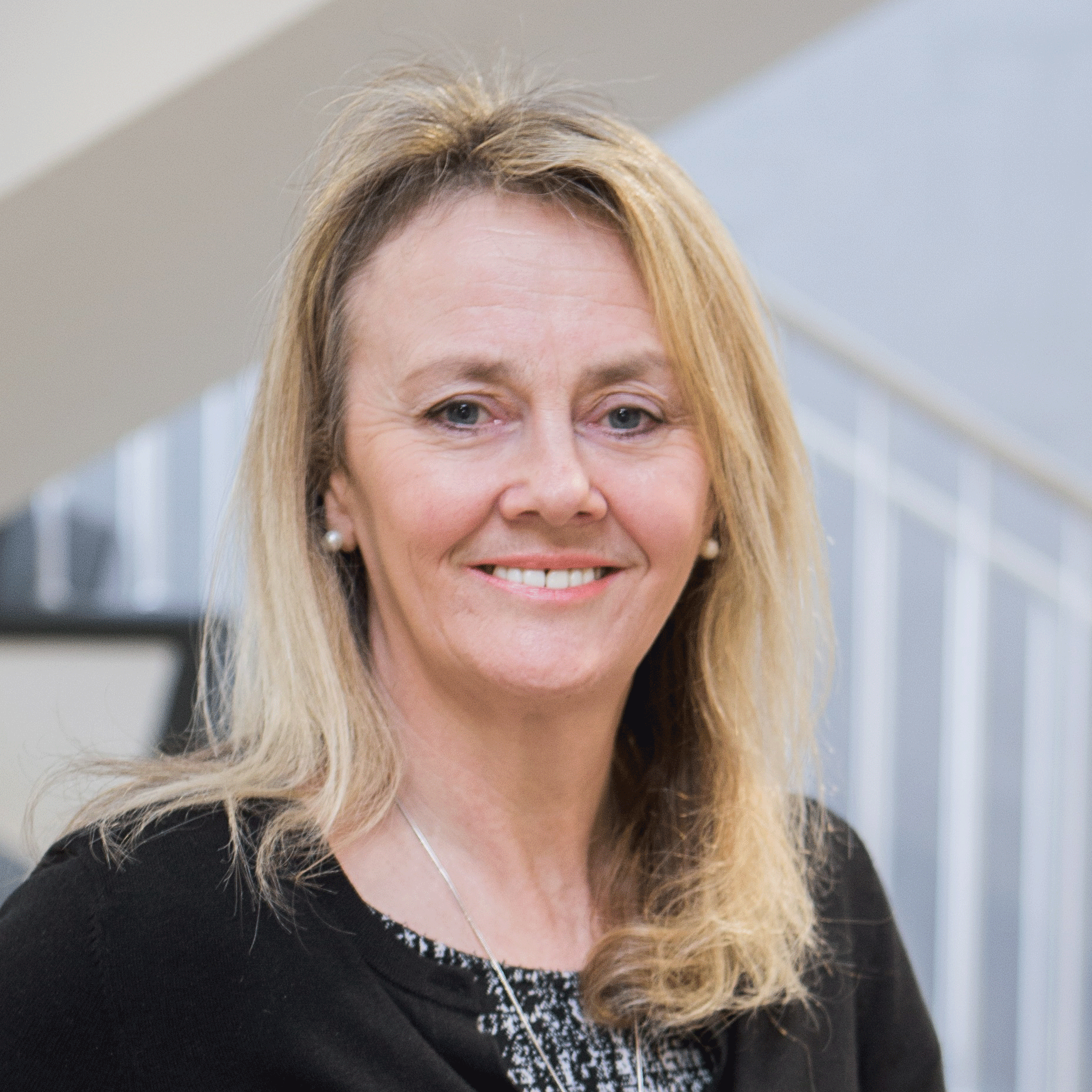
Professor Caroline Dive CBE, PhD, FBPhS, FMedSci
After completing her PhD studies in Cambridge, Professor Caroline Dive moved to Aston University’s School of Pharmaceutical Sciences in Birmingham where she established her own group studying mechanisms of drug induced tumour cell death, before moving to The University of Manchester to continue this research. Caroline was awarded a Lister Institute of Preventative Medicine Research Fellowship before joining the CRUK Manchester Institute in 2003. Currently, she is Interim Director of the Manchester Institute and Director of the aligned CRUK National Biomarker Centre, with research spanning tumour biology, preclinical pharmacology, biomarker discovery, biomarker assay validation and clinical qualification to regulatory standards, bioinformatics, biostatistics and most recently, digital clinical trials.
Chairs’ Introductions: Duncan Jodrell and Yvonne Adebola
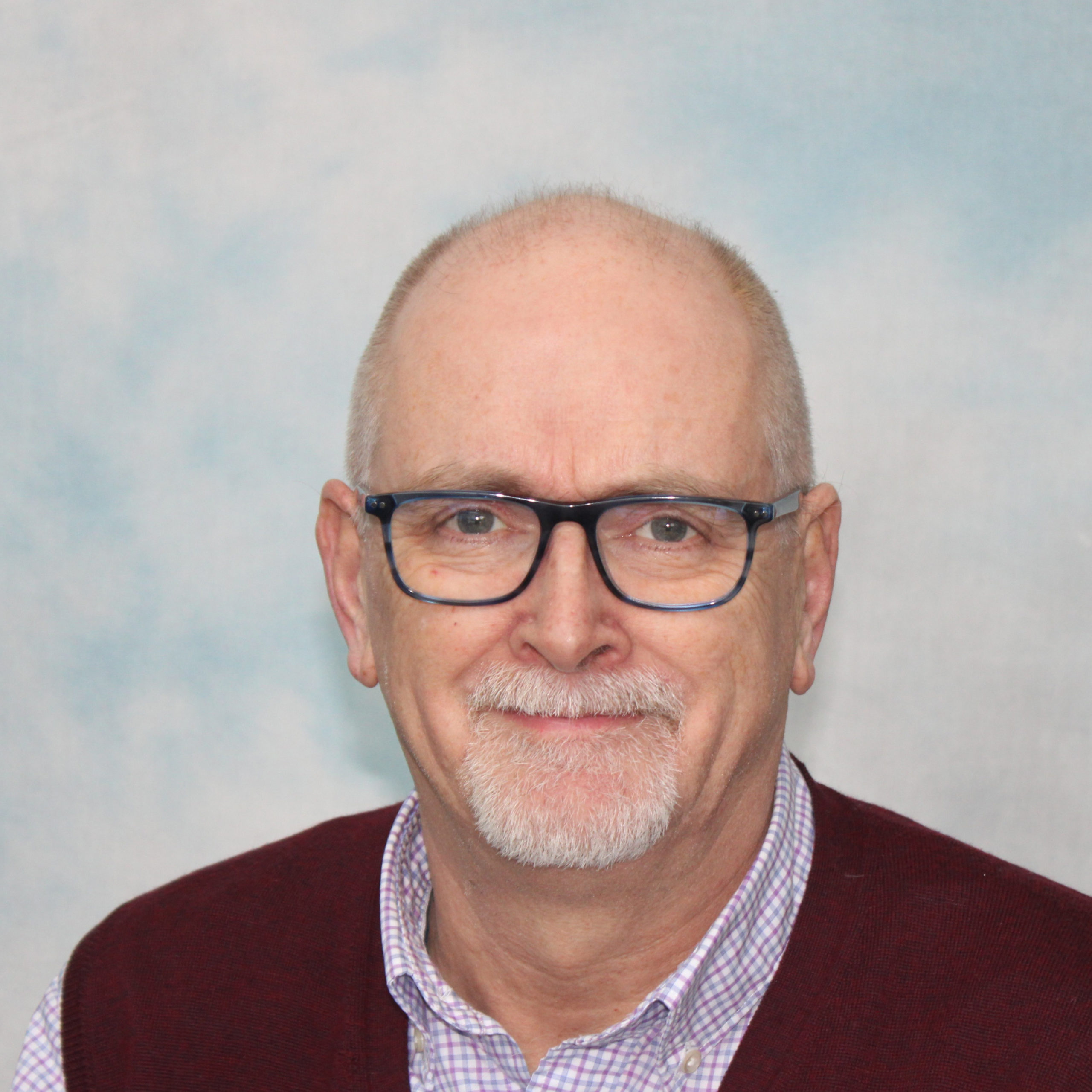
Duncan Jodrell
Duncan Jodrell is an Emeritus Professor at the University of Cambridge. He retired recently from a Chair of Cancer Therapeutics and was also the Director of the Cambridge Cancer Trials Centre and co-Lead for Experimental Cancer Medicine at the CRUK Cambridge Centre. A medical oncologist, Duncan developed special interests in the management of patients with pancreatic cancer and Early Phase clinical trials. Duncan has acted as the Chief or Principal Investigator in many Early Phase and Experimental Medicine studies, in addition to leading innovative laboratory research. He chairs the Scientific Advisory Board of the UpSMART Accelerator.

Yvonne Adebola (patient representative, UseMYdata)
Yvonne Adebola holds a BSc in Human Biology and an MSc in Global Health with Global Surgery from King’s College London. Her early career involved clinical trials focused on patient acceptability, wearable device data collection, and electronic patient-reported outcomes. Now a Consultant Medical Writer, she specializes in patient-centred communications for diverse organizations in biotech and healthcare. Yvonne is passionate about incorporating the patient voice in research and policy, emphasizing advocacy, accessibility, equity, diversity, and inclusion. Her personal experiences as a caregiver and helpline volunteer enhance her insights into healthcare challenges and patient needs.
Presentation 1 – Victor Moreno (Start Madrid): Wearables in early phase clinical trials of targeted therapies for cancer
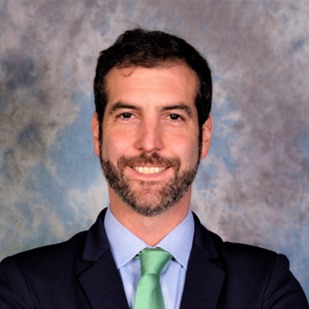
Victor Moreno
Dr. Moreno earned his Medical Degree in Universidad Complutense de Madrid in 2004 and completed his training as a medical resident in Medical Oncology between 2005 and 2009 in Hospital La Paz, Madrid, where he conducted his Ph.D. in Molecular Biology in Cancer. Here he received the Excellent Resident (REX) Grant 2009, (Fundación para la investigación biomédica del Hospital Universitario La Paz) and he was also a member of the Executive Committee of the +MIR section at the Spanish Society of Medical Oncology (SEOM) (2012-2014). Moreover, he conducted a Master Degree in Medical Oncology in Centro Nacional de Investigaciones Oncológicas in 2010. He completed his training in Early Drug Development in the Royal Marsden Hospital – Drug Development Unit with Professor De Bono in 2010-2011. He started the START Madrid-FJD Unit in 2013 dedicated exclusively to early phase clinical trials in oncology and hematology. Currently there are 7 full time investigators and more than 50 staff members including a preclinical lab for patient derived xenografts (XenoSTART).
As a researcher his main interest are early clinical trials, drug development cancer immunotherapy, adoptive t cell therapy, targeted therapy and predictive biomarkers in early clinical trials. Dr. Moreno has published more than 100 scientific articles and has participated in more than 200 clinical trials, in fact, he is involved in multiple early phase clinical trials related to different tumors.
He is also member of the Spanish Society of Medical Oncology since 2007, the American Society of Clinical Oncology (ASCO) since 2011, the European Society of Medical Oncolgy (ESMO) since 2011, the American Association for Cancer Research (AACR) since 2012 and the Spanish Group for Research in Neurooncology (GEINO) since 2012 and one of the founding members of the Early Phase Trials Working-Group in the Spanish Society of Medical Oncology in 2023.
Presentation 2 – Rosalba Miceli (INT Milan): Remote consent in cancer clinical trials
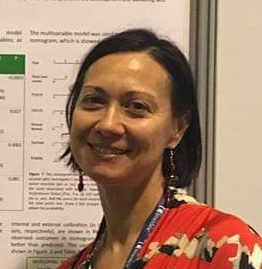
Rosalba Miceli
Dr. Rosalba Miceli: head of the Unit of Biostatistics for Clinical research, Department of Epidemiology and Data Science, Fondazione IRCCS Istituto Nazionale dei Tumori (INT), Milan, Italy.
She is a biostatistician leading clinical trials, observational studies, and research projects, with expertise in research, statistical consulting, teaching, and quality system development. At INT, she oversees study design, statistical analysis, and protocol development across multiple clinical trials, focusing on diagnostics, prognostics, and therapeutic studies. She heads the “Research Quality and Integrity” group, training researchers in quality and reproducibility, leads the Gender Medicine Project for Italy’s Ministry of Health and the WP14 in the project “Building Data Rich Clinical Trials” (CCE_DART), funded by Horizon 2020 and aimed at developing innovative research methods for cancer patients. Additionally, she teaches Medical Statistics at the University of Milan.
Presentation 3 – Sabine van der Veer (University of Manchester) Digital health inequalities
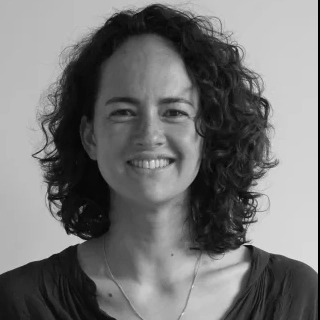
Sabine Van der veer
Sabine obtained an MSc and PhD in Health Informatics at the University of Amsterdam (The Netherlands). She works as a Senior Lecturer in the Centre for Health Informatics. Her research focuses on developing, evaluating and implementing digital health technologies to collect and use patient-generated health data to improve care and outcomes for people living with long-term conditions.
Presentation 4 – Arsela Prelaj (Fondazione IRCCS Istituto Nazionale dei Tumori) L3LUNG study
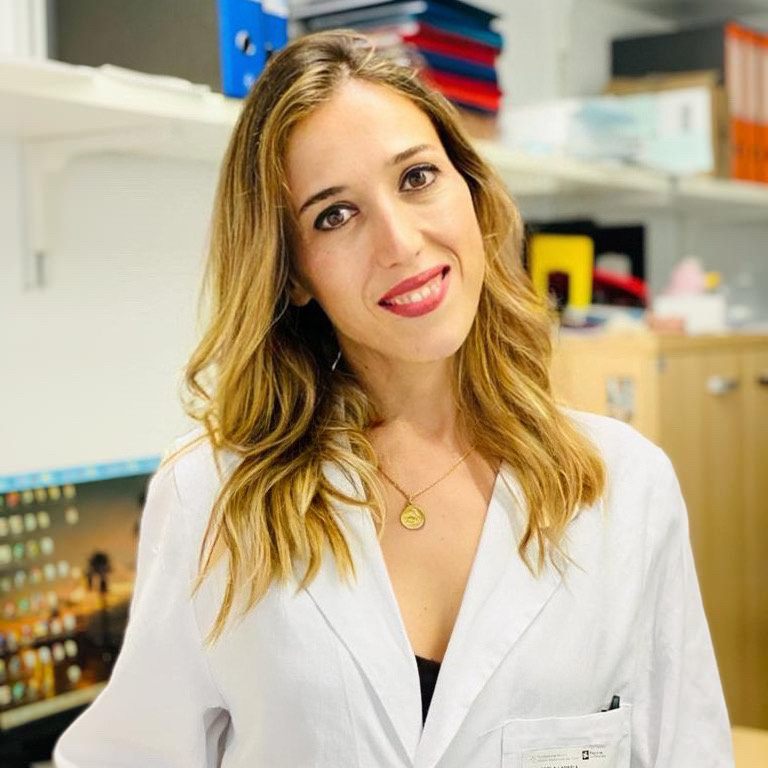
Arsela Prelaj
She currently works as a Medical Oncologist with both a strong interest and commitment to translational research at the Fondazione IRCCS Istituto Nazionale dei Tumori of Milan (since September 2018), in the Thoracic Oncology Unit.
In the last five years she has focused her research on Thoracic Malignancies, especially in NSCLC patients treated with immunotherapy and target therapy, being sub and principal investigator of many clinical studies/trials and closely involved in the coordination of various national and international grant applications on this topic.
Indeed, her research focus is also centered on Bioengineering and Artificial Intelligence (AI), as embodied by her enrolment as a PhD student at the Politecnico di Milano’s Department of Electronics, Informatics and Bioengineering in 2019, an activity she conducts in parallel with her clinical duties and research activities. In the last three years she has focused her research on collected real world and multiomics (circulating immune profiling, radiomics, digital pathology, genomics and RNA sequencing) data from advanced NSCLC patients treated with Immunotherapy with the aim to develop an AI tool able to design better individualized treatments and predict their efficacy. The source of the data is primarily a 3-years long translational study, APOLLO, which focused on the biobank samples’ collection from NSCLC patients.
To answer the major unmet need in NSCLC of the identification of efficient biomarkers for immunotherapy, she first co-led a Horizon 2020 grant application in 2020, which was presented anew in 2021 as a large-scale Horizon Europe application which successfully obtained funding – I3LUNG (https://cordis.europa.eu/project/id/101057695) that regards NSCLC, immunotherapy and the implementation of innovative Artificial Intelligence methodologies for the construction of therapeutic decision-making support tools.
In the last years, to propose concrete solutions to unify and harmonize data and biological sample collection among centers she successfully applied for funding at the “Bando di Ricerca Istituzionale” (BRI – Institutional Research Call, promoted by the Institute’s Scientific Directorate to support innovative translational research projects) in 2021. She is the Principal Investigator and Coordinator of the “APOLLO 11” project, a large Italian network (15 centers, which will be expanded to over 40 institutes in 2022-2023) of advanced lung cancer units, focusing on Translational Research and Real-World data with the principal aim to develop of a national database and biobank.
She also recently participated as PI in a Horizon Project call on: High Value for care and research in Lung Cancer and recently submitted a Grant as CO-PI (PI: Dr. Sangaletti) on Bando di Ricerca Finalizzata 2022 on the development of a Bone Marrow-on Chip (a three-dimensional microfluidic device) for the early detection of Lung and Breast Cancer.
She is a very active member of the ESMO Committee ESMO Real world data and digital health in oncology Working Group (RDH WG) to which she was invited in 2020. Her action point focused on three different objectives in the next year: ESMO paper position on guideline regarding Real World Clinical Trials, education and networking, giving her expertise on Big Data and Artificial Intelligence analysis.
She is part of a research-collaborative group on ESMO-ESTRO collaboration on defining guideline for concomitant radiotherapy Innovative therapies (immunotherapy and target therapies across cancers).
Finally, the results of a recent ESMO collaboration will be published, where she will be the first co-author, on ESMO’s position on the use”
As a researcher his main interest are early clinical trials, drug development cancer immunotherapy, adoptive t cell therapy, targeted therapy and predictive biomarkers in early clinical trials. Dr. Moreno has published more than 100 scientific articles and has participated in more than 200 clinical trials, in fact, he is involved in multiple early phase clinical trials related to different tumors.
He is also member of the Spanish Society of Medical Oncology since 2007, the American Society of Clinical Oncology (ASCO) since 2011, the European Society of Medical Oncolgy (ESMO) since 2011, the American Association for Cancer Research (AACR) since 2012 and the Spanish Group for Research in Neurooncology (GEINO) since 2012 and one of the founding members of the Early Phase Trials Working-Group in the Spanish Society of Medical Oncology in 2023.
Session 2: Evidence and evaluation: the route to implementation
Chairs’ Introductions: Harriet Unsworth and Richard Stephens
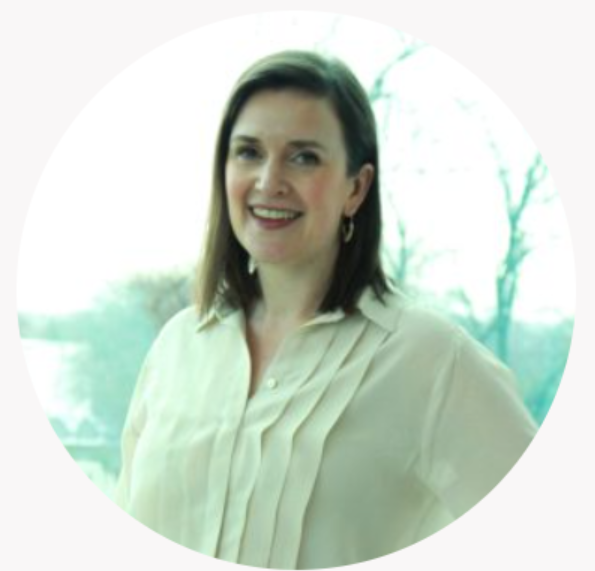
Harriet Unsworth (CRUK National Biomarker Centre, University of Manchester)
Harriet is the team lead for the Digital Cancer Research team at the CRUK National Biomarker Centre. She joined the NBC in 2023 from the Translation Team at the Wellcome Trust, and prior to this the NICE Office for Digital Health. She is an expert on AI and digital health, having co-authored the NICE Evidence Standards Framework for digital health and care, and served as a committee member for the first British Standard on AI in health and care, BS30440. Harriet is also the community lead for CRUK’s Community of Special Interest for public involvement and diversity in data-driven cancer research. Harriet has a PhD in molecular biology (2006) and an MSc in data science and artificial intelligence (2022).
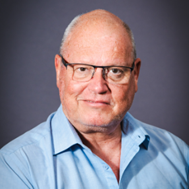
Richard Stephens (patient representative, UseMYdata)
Richard has had diverse careers in teaching, journalism, and local government. He is a two-time cancer survivor and has participated in numerous clinical trials and research studies. A patient advocate since 1995 and full-time since 2011, he chairs various forums, including CRAF-UK and the NCRI’s Consumer Forum. Richard has collaborated with strategic bodies like NHS England and contributed to the 2015 National Cancer Strategy. He co-founded the AllTrials campaign and the useMYdata movement, serves as co-Editor-in-Chief for a research journal, and lectures on patient and public involvement (PPI). He is connected with numerous organizations relevant to cancer research.
Presentation 5 – John Ainsworth (University of Manchester) CareLoop Health: Spinning out a digital health tool from academia
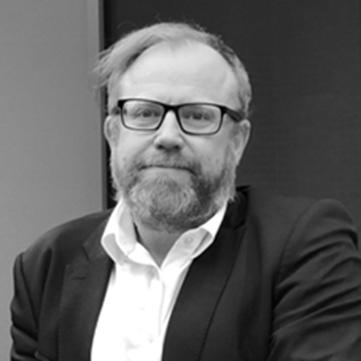
John Ainsworth
John Ainsworth PhD FBCS is Professor of Health Informatics, University of Manchester and the Head of Division of Informatics, Imaging and Data Science. His research focuses on applying emerging computing technologies to create novel healthcare interventions. To deliver lasting impact from research he has founded two spinout companies. He has a varied career with degrees in Physics, Cognitive Science, Health Informatics and worked in industry prior to his academic career. John is involved in numerous research projects, but with a singular focus: to use computing and information technology to improve the health of the population.
Presentation 6 – Luis Garcia-Gancedo (Evinova) Industry perspectives on digitally enabled trials, Evinova’s digital solutions
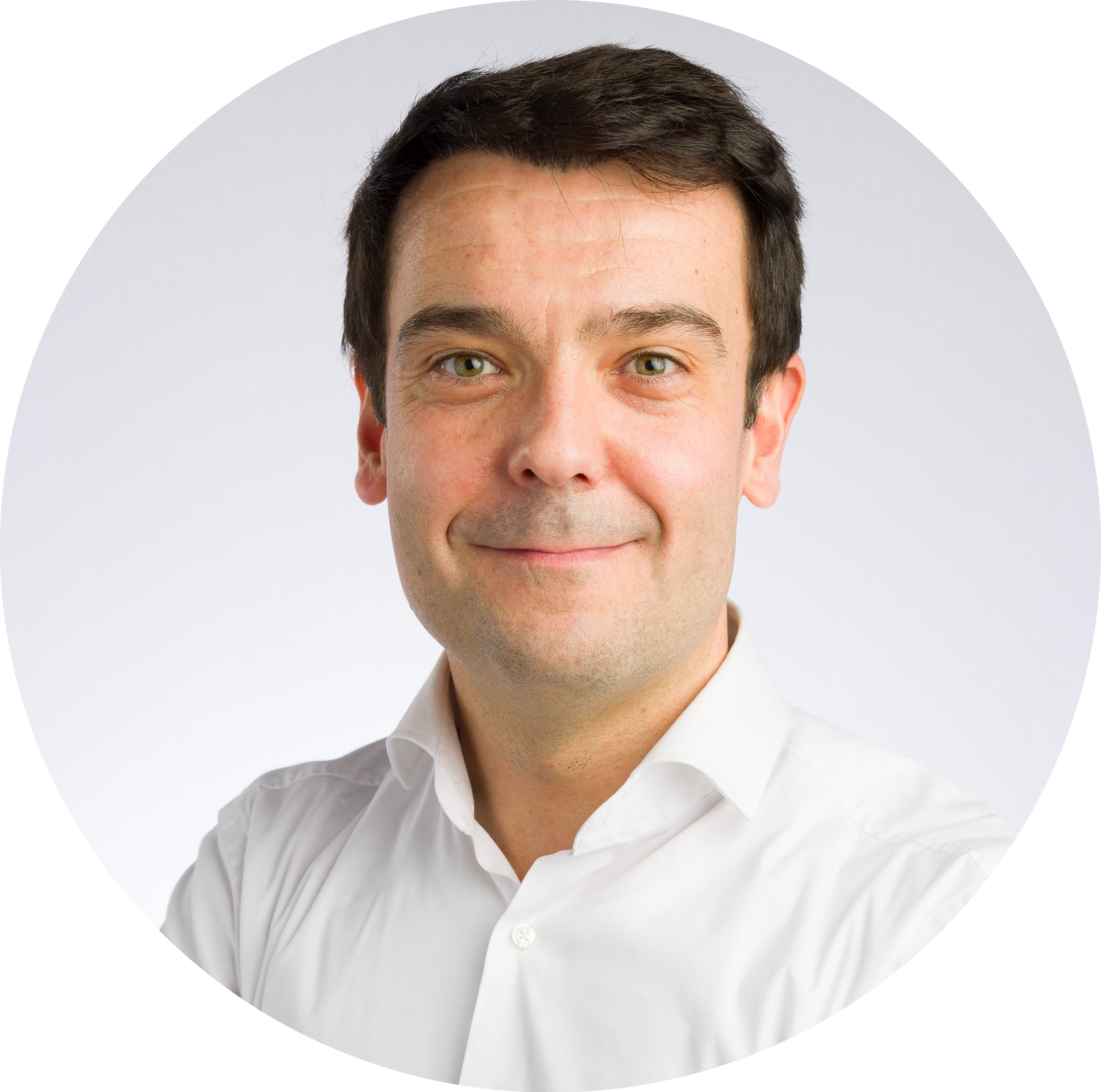
Luis Garcia-Gancedo
Luis Garcia-Gancedo is a Sr Director and Head of Digital Health Strategy for the Oncology TA at Evinova, a Healthtech business within the AstraZeneca Group. In his role, Luis and his team streamline development and deployment of novel digital solutions to make oncology clinical trials more effective, efficient and patient-centric. Prior to Evinova/AstraZeneca, Luis held roles at GSK (most recently leading their Digital Biomarkers function) and at the University of Cambridge (College Lecturer in Engineering and Research Associate).
Luis holds an Executive MBA from the University of Cambridge, a PhD in Electronic Engineering from the University of Brighton and an BSc in Physics from the University of Oviedo (Spain).
Presentation 7 – Yemi Oviosu (Carnall Farrar) Sustainable translation of digital health tools from academia
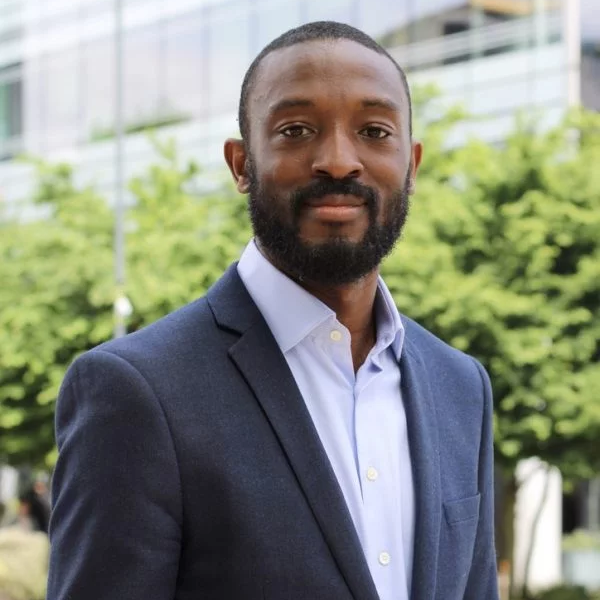
Yemi Oviosu
Dr. Yemi Oviosu is Senior Manager within the Data and Digital practice at CF, a healthcare and data innovation consultancy. He has a background in research, strategy development and technology implementation across the NHS and digital health start ups. He has published reports for European Parliament, European Commission, and most recently for Wellcome on the Sustainable Translation of Digital health Technologies from Academia.
Presentation 8 – Hugh Harvey (Hardian Health) Regulation of digital and AI medical devices in the UK and EU
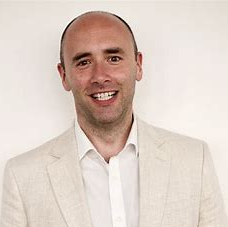
Hugh Harvey
Dr Harvey is an ex-NHS consultant radiologist and academic, trained at the Institute of Cancer Research, twice awarded ICR Science Writer of the Year.
He is a prior member of the RCRs informatics and AI committees, a lifetime Fellow of the Royal College of Radiologists and is an honorary fellow of the British Institute of Radiology. He also holds an honorary academic position at the University of Birmingham. He acted as co-chair to the UK Topol Health Technology Review for Health Education England, and is an advisor to the Medicines & Healthcare products Regulatory Agency. After leaving NHS medicine and academia he worked at Babylon Health where he gained world-first regulatory approval for an AI-enabled chatbot, and then became medical director at Kheron Medical gaining EU-first CE marking for a Class IIb breast cancer screening AI software. He is globally regarded as a top clinical regulatory expert for software and AI devices.
Managing Director at Hardian Health since 2018, he has built a specialist global consultancy focussed on software as a medical device regulatory, clinical, health economics, market strategy and intellectual property services.
Day 2, 20th November 2024
Session 3: Safe and ethical AI for cancer
Chairs’ Introductions: Louise Carter and Yvonne Adebola
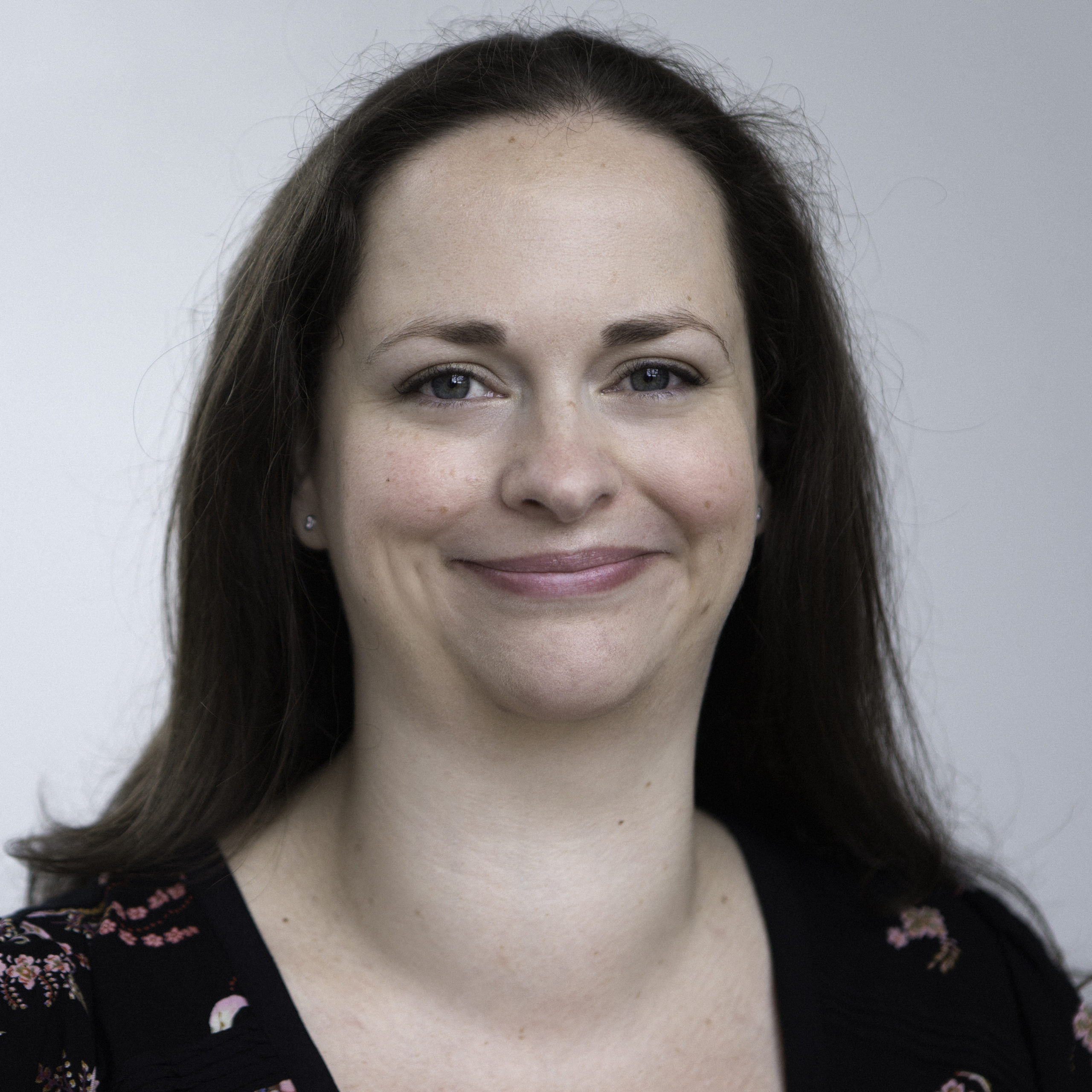
Louise Carter (University of Manchester and Christie NHS Foundation Trust)
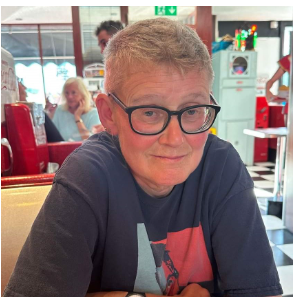
Ceri Steele (patient representative, UseMYdata)
Ceri was diagnosed with oesophageal cancer in October 2019, undergoing chemotherapy and radiotherapy before a total oesophagectomy in August 2020. After a lengthy recovery, she recognized that her experiences could benefit future patients, sparking her interest in research. Ceri learned about the role of data in advancing medicine and evaluating past treatments. She is involved with several organizations, including the NCRI Advocate – Upper GI group, the NICE expert panel, the CRUK early detection project, Southampton Clinical Trials Unit, and serves as a buddy for OPA and Macmillan, supporting others navigating similar challenges.
Presentation 9. Alex Deng (Guy’s and St Thomas’s NHS Foundation Trust) NHS Fellowship in Clinical AI and BS30440 standard for AI in healthcare
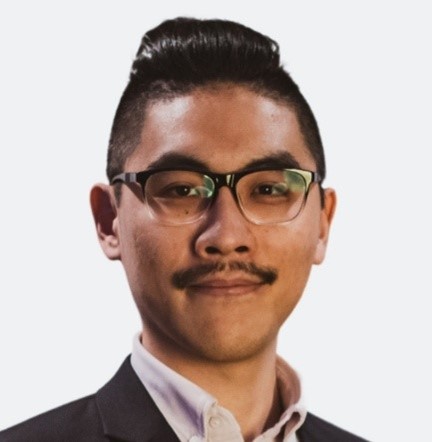
Alexander Deng
Alexander Deng is a Clinical Genetics doctor and is the Clinical Lead of the NHS Genomic AI Network. He also serves as the Programme Lead for the NHS Fellowship in Clinical AI. He has developed auditable standards for AI in healthcare with the British Standards Institution as an editorial panel chair. Additionally, he is a theme lead in the Alan Turing Institute’s Clinical AI Interest Group.
Presentation 10. Miren taberna (Savana) The SAVANA study: AI for EHRs
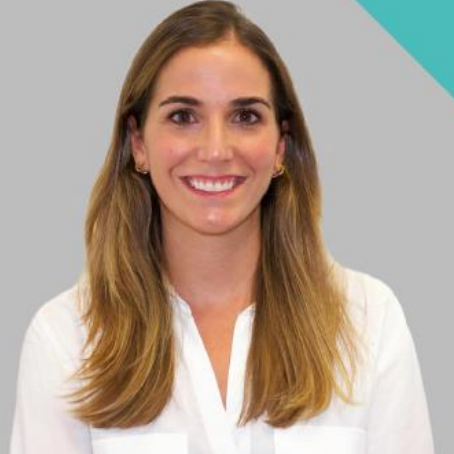
Miren Taberna
Dr. Miren Taberna is a distinguished oncologist and scientist, currently serving as Chief Scientific Officer at Savana since November 2020. With a solid track record at the Institut Català d’Oncologia (ICO), where she worked for over 11 years, she specialized in head and neck cancer. Her career includes advanced research at the Ohio State University Comprehensive Cancer Center. Dr. Taberna is recognized for her leadership in integrating artificial intelligence into healthcare, driving innovation in personalized medicine.
Presentation 11. Elisabetta Biasin (KU Leuven centre for IT & IP law) Legal, ethical and security aspects of AI in healthcare
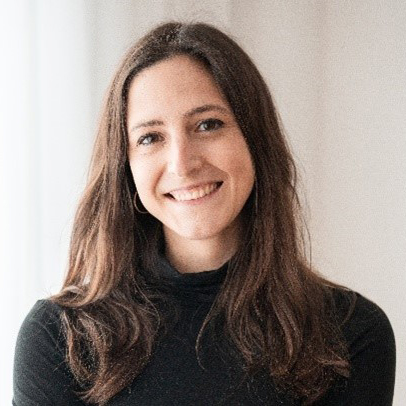
Elisabetta Biasin
Elisabetta Biasin is a Research Associate at the KU Leuven Center for IT & IP Law, where since 2018 she has been focusing on eHealth, AI and cybersecurity law and ethics. In the past years, Elisabetta also worked as an external collaborating expert on data protection of big data and real-world data at the European Medicines Agency. Between 2022 and 2024, Elisabetta led a research project on medical device cybersecurity at the Stanford Law School and conducted comparative research on US/EU regulations on in silico trials at the Harvard MIT Center for Regulatory Science.
Presentation 12. Yvonne Diaz (Patient advocate, ALK+ International) Patient perspectives on the digitisation of clinical trials
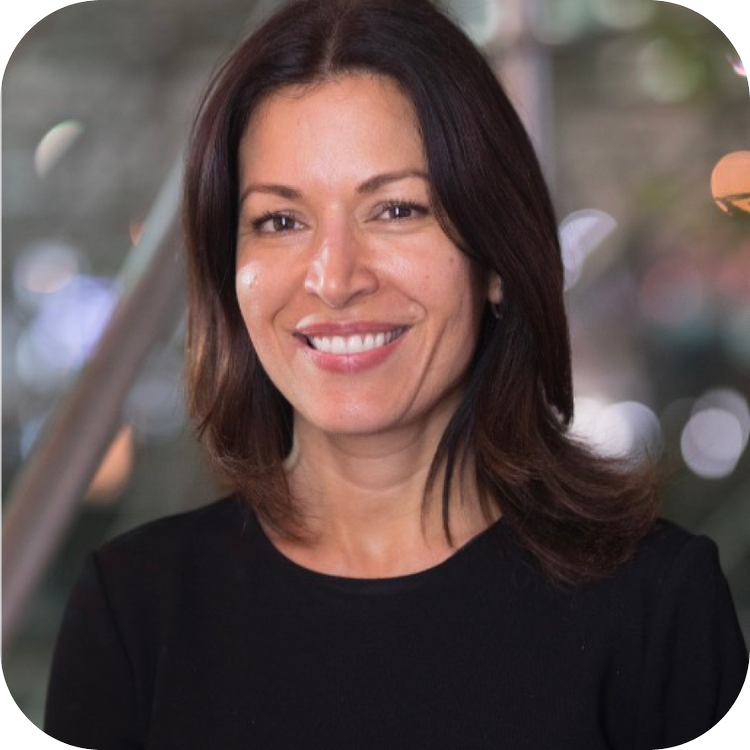
Yvonne Diaz
Yvonne’s diagnosis of stage IV, ALK+ lung cancer in August 2021 prompted her get involved in patient advocacy, particularly in research activism and funding. Her professional background is in corporate communications and over the past 30 years she has led communications at various leading global organisations helping to transform strategies into action, strengthen brands, drive business goals and support reputations.
Yvonne is also on the Board of Directors of ALK Positive Inc and a member of Lung Cancer Europe. She is a patient representative on CRUK/NIH-funded Cancer Grand Challenge’s Team CANCAN and is active in various areas to amplify the patient voice to improve the speed, quality and funding of research. She is also a former trustee of ALK+ International and served as Chair from Feb – Nov 2023.
Yvonne is also a mother to twin teen sons and a dog. She lives with her husband and family in London, UK.
QUICK LINKS
CONTACT
Cancer Research UK Manchester Institute
The University of Manchester
Wilmslow Road
Manchester
M20 4BX

